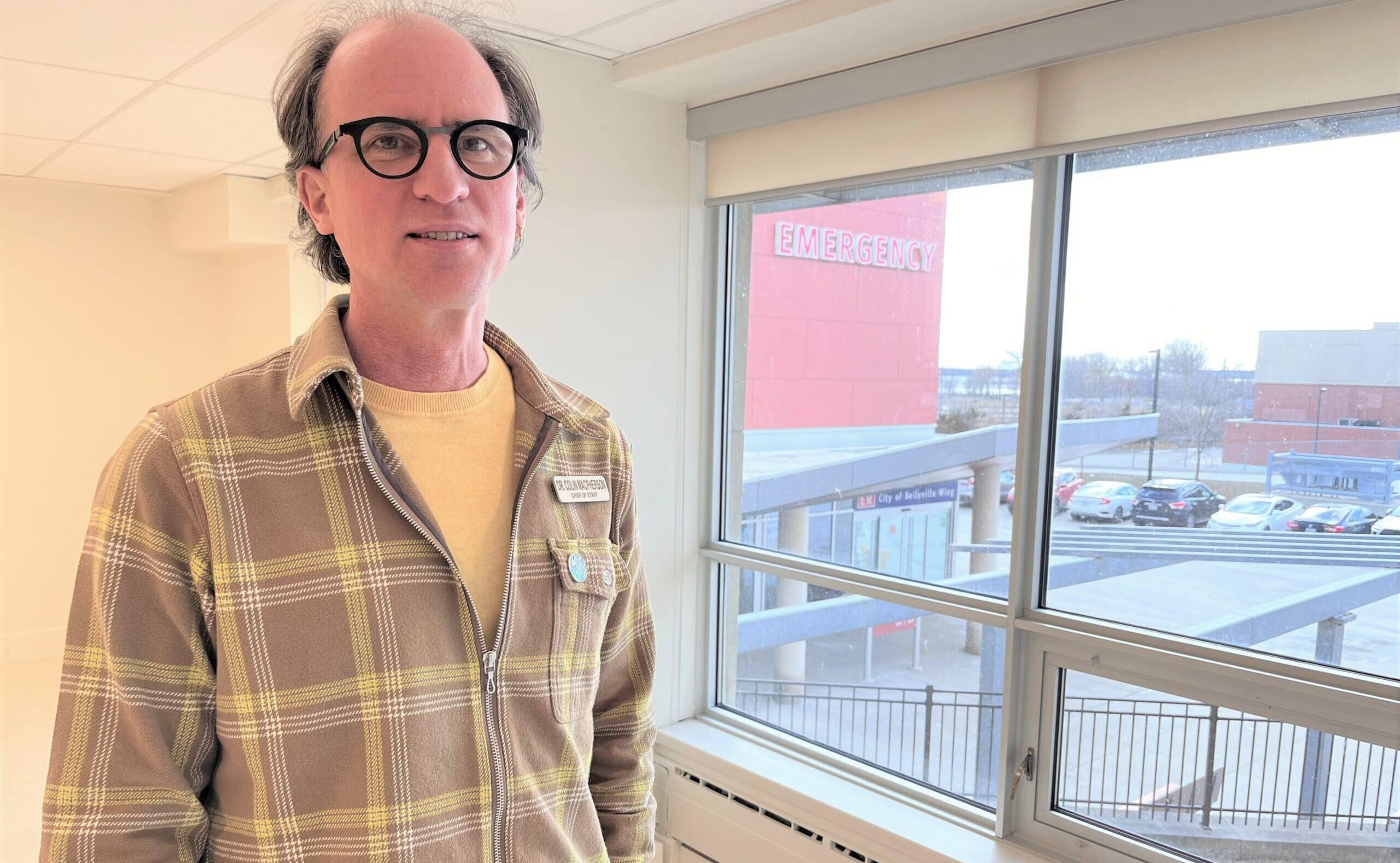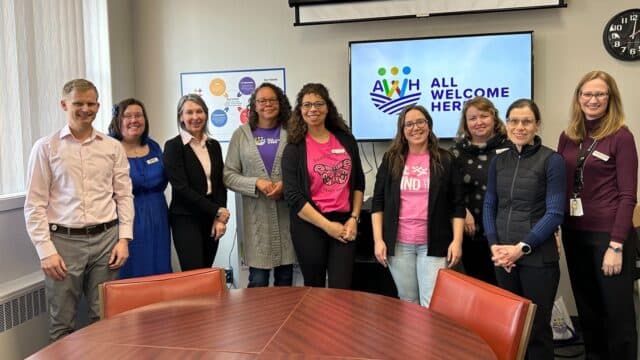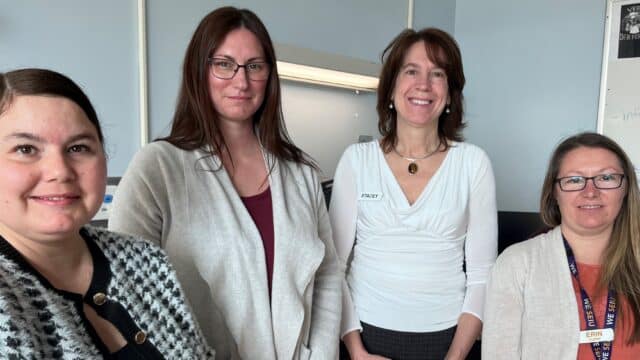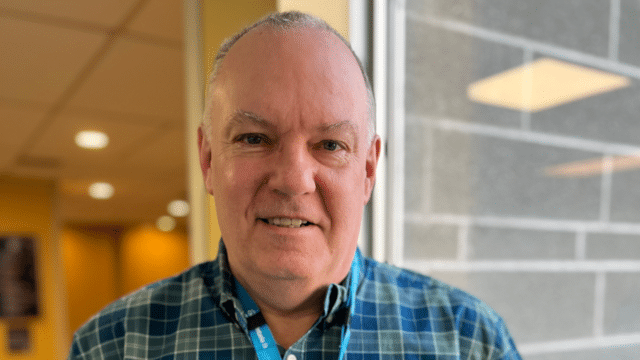‘These are not bad people’—The Tragedy of Opioid Addiction
Many of our Quinte Health team members, along with members of our community partners including Paramedic Services, Community Mental Health Services, Belleville Police, and Public Health have been on the front lines of a tragedy. Opioid addiction is a terrible disease that takes over people’s lives. It can quickly leave people overwhelmed, and alone.
Opioids are a class of powerful drugs that are routinely prescribed to treat severe pain. While effective in managing pain for some individuals, they carry a significant risk of addiction when used improperly or for an extended period. When people use opioids for non-medical reasons, such as to get high, they can become addicted due to the drugs’ effects on the brain’s reward system. Over time, the brain can adapt to the presence of opioids, leading to tolerance, where higher doses are needed to achieve the same effects, and dependence, where the body relies on opioids to function normally.
Addiction to opioids can have devastating consequences, including physical and psychological dependence, withdrawal symptoms when trying to quit, impaired decision-making, and a high risk of overdose. Many individuals who become addicted use illegal opioids like heroin and fentanyl, which can be cheaper and more accessible.
According to psychiatrist and Quinte Health Chief of Staff Dr. Colin MacPherson, when you add to that a new variant of the drug that’s laced with some type of sedative, the danger of opioid use goes way up for already vulnerable individuals. He says the likelihood of overdose is increased, the duration of the drug’s effects is extended, and the treatment is complicated.
“These are not bad people – they have an illness, and I definitely don’t judge them for that,” explains Dr. Colin MacPherson. “This problem is complex in its origins, associated with multiple other social, economic, legal, and health system challenges. We have a lot of people who are marginalized or have some predisposed difficulties in our community living in precarious situations—the stakes here are extremely high. People are dying, and more people will. It’s a terrible thing to see.”
Dr. MacPherson added that he is glad there is a collaborative response locally, and a call to attention to develop better, more seamless treatment, support, and prevention in our community.
As widely reported in the media, in early February, there were 15 opioid-related events reported in downtown Belleville in a two-hour period. Most of these resulted in presentations and treatment in our Belleville Emergency Department (ED).
“We are grateful for the responsive and compassionate care that our ED colleagues provided to these patients,” Dr. MacPherson adds, noting the impact that a heightened and sudden surge of overdoses can have on those providing care.
“We are very mindful of how quickly we can, ourselves, suffer the frustrations and helplessness of addiction when we try to help those who have poor control. It can be deflating when individuals return repeatedly to us with the same troubles. We get a sense through our own felt helplessness and failure of how painful this problem must be not only for the individuals themselves but their family and friends.”
Dr. MacPherson went on to thank the members of Quinte Health’s Assertive Community Treatment Team who have been reaching out to their most vulnerable clients to educate them on the new danger on our streets and the strategies they might use to avoid it. He also noted that this is an issue across all Quinte Health hospitals and, more broadly, the province and the country.
He stresses the importance of not losing hope, explaining that addressing opioid addiction requires a combination of medical treatment, such as medication-assisted therapy (MAT) with drugs like methadone or buprenorphine, counseling, and support services. Prevention efforts, including education about the risks of opioid misuse, and promoting safer prescribing practices among healthcare providers, are also crucial in combating the opioid epidemic.
“I am inspired by the partnerships across our community and with all levels of government. We truly are stronger together,” Dr. MacPherson stated. “This is a moment to reflect on what we can all do better. Together, we can prioritize evidence-based programs and interventions that have the potential to make a tangible difference in the lives of those affected by this human tragedy.”
For those in our communities who are close to someone with an opiate addiction, please access information from our partners at HPE Public Health.
#Compassion
#ValueEveryone




